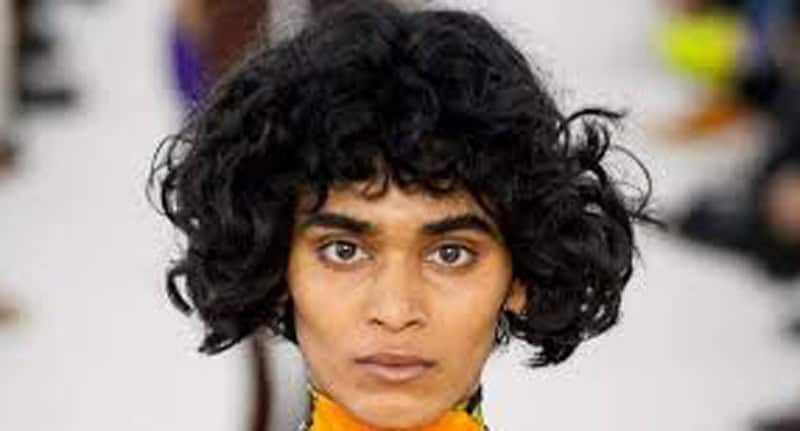New Delhi: Model Radhika Nair, who had bagged a Balenciaga exclusive in 2016 making her the first Indian woman to ever walk the runway for the iconic fashion house, believes representation in the world of fashion has come a long way.
As themes of representation, individuality, diversity and inclusivity continue to make a buzz, Nair spoke about their evolution in the fashion world, in an interview to Vogue India’s September 2018 issue. She features on its cover with Saffron Vadher as current flag-bearers of the revolution that is seeing the rise of the Indian models on international runways.
Nair said: “Fashion has come a long way in representation, but sometimes for a show, they forget to look at you as a person and focus on your colour instead. You hear things like ‘enough brown girls’ or ‘enough white girls’. I know I have a responsibility to those girls who haven’t seen a South Indian with their skin tone being called beautiful in mainstream media.
“I want these girls to understand that I’m being myself and that’s what diversity is. It’s not just about race and colour but about individuality.”
Nair, who started modelling at the age of 19 and has dark girls, is glad girls who surround her embody the individuality.
“Like Adesuwa (Aighewi)… She’s fire. She just made a film on Muslim women and how they are represented. Paloma (Elsesser) doesn’t subscribe to the classic idea of beauty and she owns it. She compliments other women and is open about her securities and insecurities.
“There’s also diversity in the way we accept our flaws. I have scars on my face that I never want airbrushed in shoots. It’s a small disfiguration, but that’s all right,” she added.
As for Vadher, who is part-English, part-Gujarati, she is recognisable from her debut in Burberry’s spring/summer 2017 show. Last year, Vadher starred in Givenchy’s spring/summer 2018 campaign, draped in black lace, caressing a feline.
On diversity, she said: “I’m half Indian, half English, but I’ve never completely felt like either. I don’t fall into a category. My parents have embraced both cultures, too. Take my name, for example… While my mother wanted traditional English names, like Stephanie, my father wanted an Indian name. They met half-way and settled for Saffron!
“Growing up in London, I’ve seen different colours and cultures and the way I see it is, we are all beautiful girls here from different backgrounds. It’s just how it is, and I don’t know any other way.”
[source_without_link]IANS[/source_without_link]

